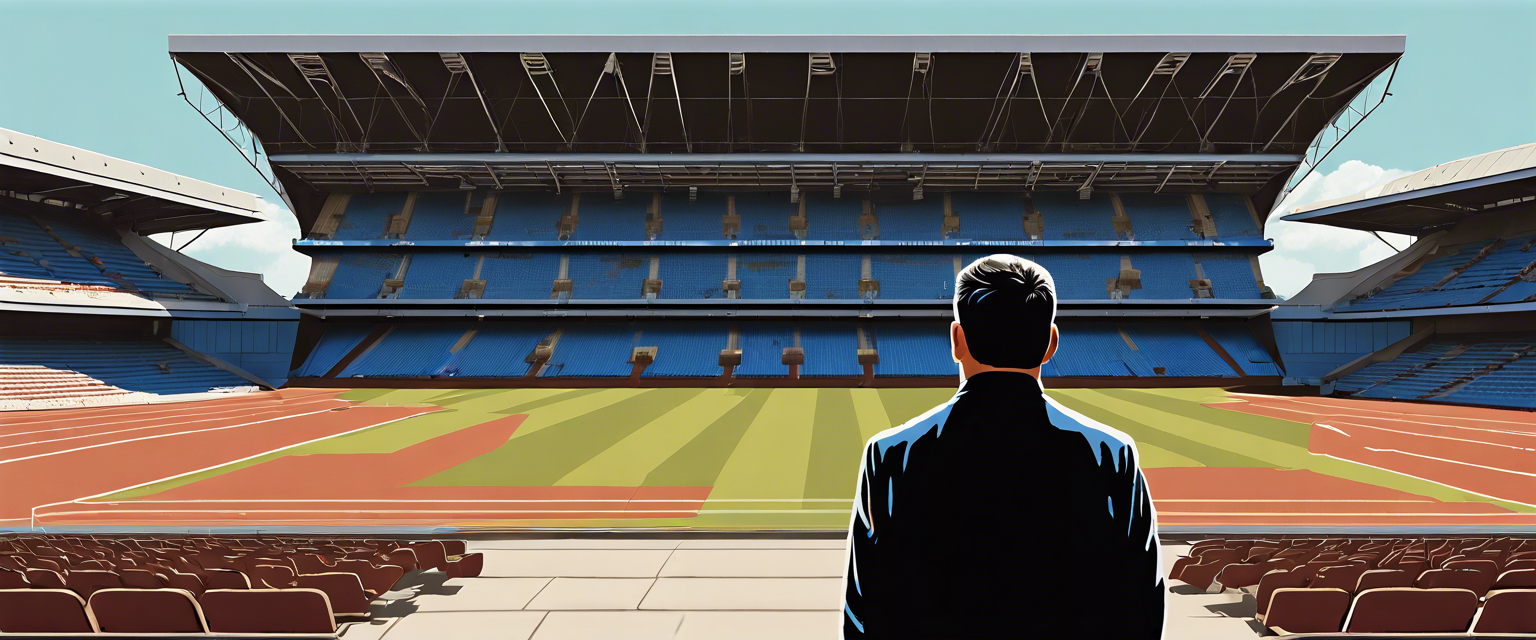The Controversial VAR Decision: Leicester vs. Crystal Palace
In a recent clash between Leicester City and Crystal Palace, the controversy surrounding a VAR decision has sparked debate among fans and professionals alike. Crystal Palace’s Jean-Philippe Mateta had his opening goal controversially awarded, leading Leicester City manager Steve Cooper to criticize the decision as an "awful human error." This incident occurred during a Premier League match where Leicester held a 2-0 lead before ultimately drawing 2-2 with Palace.
The Match Summary
The match at Selhurst Park took a dramatic turn in the second half when Mateta scored two goals, one of which was initially ruled offside by the assistant referee. However, a VAR review overturned this, leading to questions about the accuracy of the technology used.
Cooper's Claims and PGMOL's Response
Cooper expressed his frustration, stating, "We have seen images that show he clearly was offside, but they froze it at the wrong time." He emphasized that the images used for the VAR decision were misleading and that the Premier League needed to address such critical errors. Leicester City's officials presented further evidence to the PGMOL (Professional Game Match Officials Limited) to support their claim, although the refereeing body maintained that their original decision was correct.
Understanding VAR Technology
VAR officials utilize a process where they freeze the footage at the moment the ball is played to evaluate offside positions using 3D lines. The technique measures whether any part of the attacking player is ahead of the last defender. Any ambiguity in the technology leads to the ruling that favors the on-field decision.
Looking Ahead: Semi-Automated Offside Technology
In light of the ongoing discussions, the Premier League clubs have unanimously voted to implement semi-automated offside technology. This system, demonstrated during the summer's Euros, uses additional cameras to provide more accurate tracking of player movements, aiming to reduce the number of contentious decisions in the future. Expected to roll out in the coming months, this technology promises to enhance the clarity and reliability of offside calls.
Expert Opinions: Former Referee Insights
Reflecting on the incident, former Premier League referee Dermot Gallagher noted that VAR officials felt Mateta was kept onside according to the parameters of the existing technology. He stressed, "Every team plays to the same technology - if it says onside it's onside, if it says off it's off. In their view, it's factual." This illustrates the challenges referees face in relying on technology amid the nuances of live gameplay.
Conclusion: The Ongoing Debate
The VAR decision in the Leicester vs. Crystal Palace match highlights the ongoing debate over the technology's effectiveness and its impact on the game's outcome. As teams and fans await the implementation of semi-automated offsides, the conversation surrounding human interpretations versus technological accuracy will undoubtedly continue. For now, Leicester must navigate the season under the weight of a controversial decision, as they seek to secure their first win amid growing frustration.
FAQs
- What was the main controversy of the Leicester vs. Crystal Palace match? The main controversy was the VAR decision that awarded Crystal Palace's Jean-Philippe Mateta a goal, which Leicester City claimed should have been ruled offside.
- What is semi-automated offside technology? This technology uses advanced cameras to track players and ball movements, aiming to provide more accurate offside decisions.
- How did Steve Cooper respond to the VAR decision? Cooper expressed disappointment and claimed a significant error was made, criticizing the timing of the freeze-frame used in the VAR review.
This incident sheds light on the challenges of using VAR technology in football and the need for ongoing improvements to ensure fairness in the game.



发表评论
所有评论在发布前都会经过审核。
此站点受 hCaptcha 保护,并且 hCaptcha 隐私政策和服务条款适用。